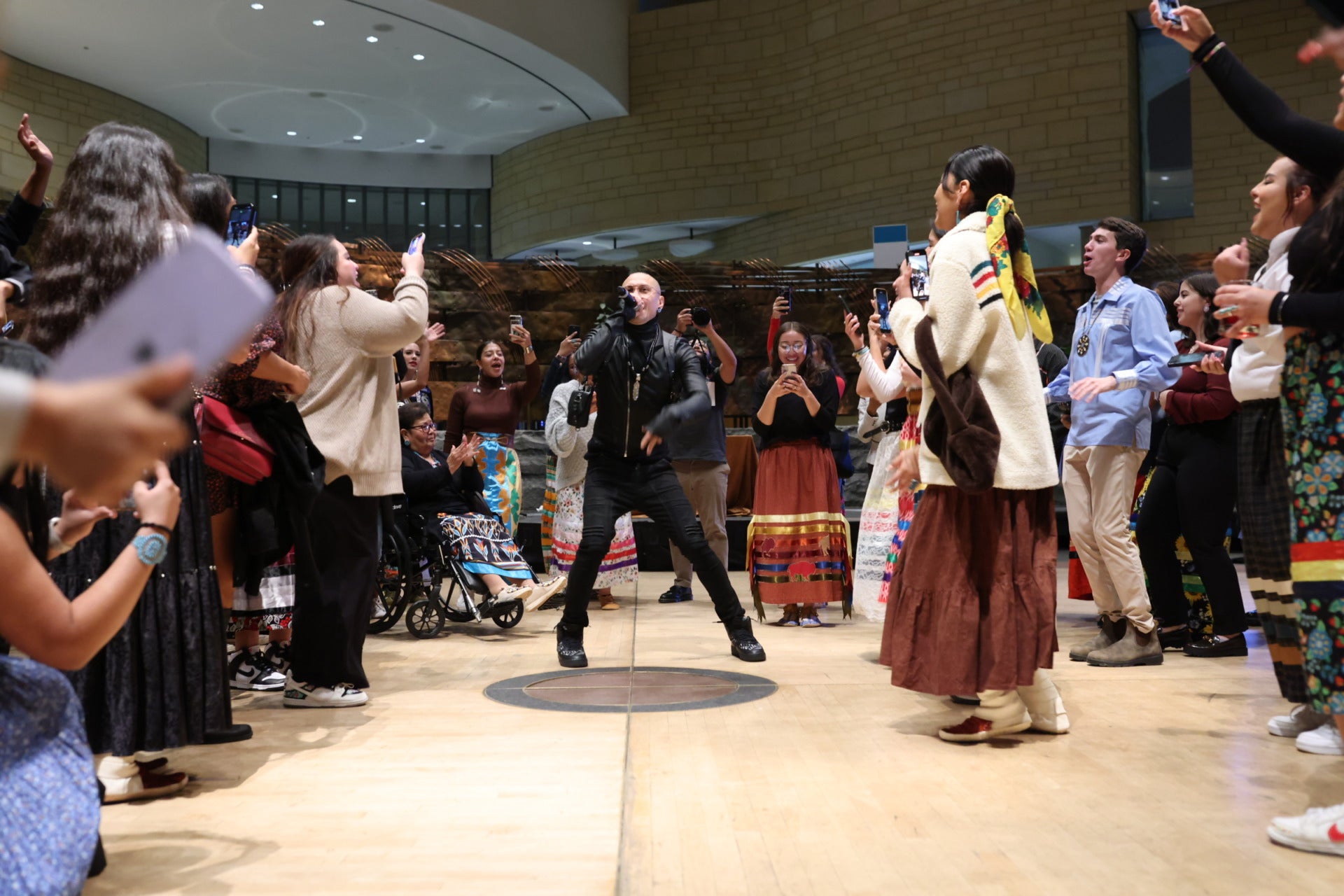This spring, I became the second person in my extended family to graduate from college. I remember four years ago when I made the decision to travel across the country to Washington, DC to attend American University and study political science. The decision I made was difficult because I would be moving thousands of miles away from my family and my home to a strange and unknown place with no guarantee that I would ever fully acclimate to life there. However, I knew that if I wanted a quality education with opportunities for jobs and internships in my chosen field, I would need to be in the heart of it all.
I come from the Coyote Valley Band of Pomo Indians in Northern California, and when I came to college and started meeting people, I would always be asked “what is your heritage?” I learned quickly that telling people I am Native was an invitation to ask as many questions as possible about what it meant to be Native: “Do you live on a reservation?” “Have you ever shot a bow and arrow?” “Do you live in a teepee?” “Does your tribe have a casino?” “Do you wear loincloths?”
And my personal favorite: “’How!’ Isn’t that how you say hello in your language?”
While I welcomed the interest into my heritage and my culture, I also felt frustrated by the fact that these stereotypes were so widely held and still being perpetuated. Their questions were not born out of ill will, but were a reflection of their poor understanding and a hunger for more information about something of which they were curious. I could not fault them for their inaccurate view of Native cultures and I could even forgive them because my classmates were so willing to learn and understand that Native people are not like the stereotypes they hold.
The most eye-opening experience I’ve had at college was when a classmate claimed that “all Natives get to go to any college they want to for free and the only reason why they get accepted is because they are Native.” This claim is offensive, racist, and unfounded. What makes the claim even more absurd is that only 68% of Native American students graduated from high school in 2013, 20% lower than the national average and the lowest of all racial groups. Of those that graduate from high school, only 33% will enroll in college. And of those that enroll in college, only 39% will graduate. Natives must meet the same academic standards as any other enrollee to attend college. If a college education was available for free to all Native youth, I can say with confidence that these graduation and enrollment rates would be much higher.
And while the achievement gaps are narrowing, there is still so much more to do to support Native American youth to achieve their goals. We must ensure every Native youth graduates from high school and has the opportunity to enroll in a college or trade school. Through tutoring programs, scholarship opportunities, and the immersion of Native language and culture programs, Native youth might have more opportunity to succeed in their academics and in achieving their goals.
To ensure no Native youth are left behind, we must invest in a range of programs: Everything from financial assistance to something as simple as helping a Native student complete a college application. By investing in Native youth, we help elevate their voices and empower them — empower me — to be successful Native professionals.
I had the privilege of sharing my perspective, along with several other Native youth, at a White House convening on earlier this year co-hosted by the Center for Native American Youth at the Aspen Institute. When First Lady Michelle Obama spoke that day, I think she said it best: “…if we take a chance on these young people, I guarantee you that we will save lives.” Through positive educational experiences and opportunities, we help to guarantee a brighter and more stable future for Native youth.
Teddy McCullough is a Policy Fellow for the Center for Native American Youth at The Aspen Institute.

